#VW
Sketchy Stuff: VW Shows Images of Mk8 Golf
The Volkswagen Golf has been a mainstay on the compact car scene since approximately the dawn of time, ringing up sales on multiple continents and introducing a world of new drivers to the sweet taste of freedom. They say if you line up all the Golfs ever produced, you’d create a line of cars from here to Deep Space Nine, or something like that.
Later this month, a new version will appear in Wolfsburg. Set to be the models’ eighth generation, it’ll cut a new shape while still being immediately recognizable as a Golf. Today, Volkswagen released a few sketches of the new car for the world to peruse.
Volkswagen Unveils Updated R Logo
Volkswagen has revealed an updated R logo that it says will still symbolize performance while also representing the brand’s “fresh start” — its refocus on electric vehicles, rather than the diesel ones that got it into trouble back in 2015.
VW similarly rejiggered is brand’s main logo, eliminating its three-dimensional aspects for a streamlined version highly reminiscent of the symbol used through the 1970s, debuting the new (old?) design at this year’s Frankfurt Motor Show. But the R’s transformation has resulted in something entirely novel, abandoning the leftmost vertical line in favor of an abstracted representation of the letter.
However, tweaking the visuals of a single character doesn’t have much meaning in itself. All we really care about is whether or not the R badge will still denote the maximum performance available from various VW models.
Rare Rides: The Original Audi 5000 From 1980
Before Audi revolutionized rallying and four-wheel drive cars with the Ur-Quattro circa 1980, the company made front-drive vehicles underpinned by Volkswagen platforms (some things never change). Today’s Rare Ride 5000 hails from the waning days of Audi’s front-drive era, not long before an all-new 5000 set the template for aerodynamic sedan design.
You Can Go Home Again: Johan De Nysschen Returns to Volkswagen
A year and change after his ouster as president of the Cadillac brand, Johan de Nysschen has returned to a familiar place: Volkswagen of America, where, many moons ago, the executive sat on the automaker’s board while serving as Audi’s U.S. boss.
This homecoming sees de Nysschen take on the role of chief operating officer for the VW brand’s recently-created North American region. However, it will probably not, as one TTAC writer opined in a chatroom discussion, lead to the renaming of the Jetta GLI as the Q220.
Volkswagen CEO, Chairman, and Former CEO Indicted in Diesel Scandal
Methodical German prosecutors have finally made their way to the top of Volkswagen’s executive ranks, charging CEO Herbert Diess and Chairman Hans Dieter Poetsch with stock market manipulation.
On Tuesday, the prosecutor’s office in Braunschweig indicted Diess, Pötsch, and former CEO Martin Winterkorn, accusing the men of withholding information of a looming emissions scandal from investors. Winterkorn, already indicted by U.S. authorities and slapped with a fraud charge in Germany, stepped down shortly after the scandal broke in September 2015.
Diess vows to stay on as VW’s boss as the charges play out.
2020 VW Atlas Cross Sport Brings New Bodystyle and More Tech
The 2020 Volkswagen Atlas Cross Sport brings a rakish rear hatch to the refreshed Atlas line, but limits the midsize crossover’s seating configuration to five passengers. Once nestled inside VW’s upcoming Atlas variant, those five occupants will enjoy VW’s next generation Car-Net technology platform, while drivers can expect to be coddled by upgraded driver assistance technologies.
The Cross Sport applies an Audi Q7-esque not-a-coupe treatment that dials up the elegance, even when concealed by camouflage vinyl. If this is all it takes for buyers to feel like they’re avoiding the soccer parent image, then VW can expect to attract a style-sensitive buyer pool ready and willing to lose the small third-row seats. Even though the rear overhang is 5.7 inches shorter than the standard Atlas, it gains storage capacity in the transformation as a result of the removal of those rear seats. In its place is a flat load panel that covers a space-saver spare tire and optional Fender subwoofer. There’s actually a decent volume of unfinished storage capacity I’d expect many owners to find useful for infrequently used items.
Buy/Drive/Burn: The $13,000 Sporty Car Question of 1988
In the recent Shelby CSX Rare Rides entry, long-term commenter 28-Cars-Later suggested some sporty competitors to the Shelby, all of which cost the same according to the state of Michigan. Japan, Germany, and America are well-represented in today’s trio.
Which one sets your sporty-small-car heart aflame in ’88?
Volkswagen Crozz Crossover Now Named ID.4, Prototype Teased in Frankfurt
Naming a car is difficult. All the best predatory animals have been taken and getting creative often results in the certain parts of the world thinking you’ve intentionally named your car something hilarious. Chevrolet’s Nova is the classic example, but modern automobiles still run into trouble. Hyundai’s Kona falls on Portuguese ears as the most vulgar synonym for vagina (an oddly common theme among car monikers) and Audi’s e-Tron translates roughly into French as “turd.” It’s no wonder so many automakers simply forgo issuing real names, opting instead for an alphanumeric jumble.
When Volkswagen began previewing concept versions of its electrified ID lineup, models used a bizarre naming strategy. Maybe titles like Roomzz, Buzz, Crozz, and Vizzion sound better in German, but they didn’t play well here. VW’s solution to the problem has been to simply assign their production counterparts with a number — and it’s looking like that will be continue to be the case.
While the brand was showcasing the new ID.3 hatchback at the Frankfurt Motor Show this week, it also teased a follow-up model that will actually make its way stateside. Originally dubbed the Crozz, the car is now named simply “ID.4.”
Volkswagen's Electric Product Parade Begins in Europe
Volkswagen revealed the first of many upcoming EVs based on its modular MEB platform at the Frankfurt Motor Show this week. While the ID.3 resembles a Golf in both form and function, VW claims this is not business as usual. According to the manufacturer, the new hatchback “reflects the realignment of the Volkswagen brand” by offering full connectivity, maximum efficiency, and no local emissions.
While it’s not coming to America, other ID models will be. Taking a long look at the ID.3 could provide us with a better understanding of what those vehicles might be like and help us examine the general direction the German manufacturer appears to be heading these days.
Small Car Love Gives Volkswagen's Golf Wagons a Reprieve North of the Border
While Volkswagen won’t offer any 2020 model-year Golf SportWagens or Alltracks in the U.S., a broader customer base in Canada means the two models will soldier on for an extra year. It’s possible a next-generation successor might appear, too.
While Canadians are just as attracted to trucks and SUVs as Americans, small cars — and especially the two wagon variants — make up a much larger slice of the VW pie north of the 49th parallel. As soon as the automaker announced the discontinuation of North American-market Golf wagons, VW’s Canadian arm pulled together a plan.
Basically, stockpiling as many of ’em as it can.
Gas War: Antitrust Probe Opened Into Automakers Endorsing California Emissions Pact
The Justice Department has opened an antitrust probe into four automakers that formed a pact with California to compromise on tailpipe emissions, effectively circumventing federal regulators, last July.
Over the summer, Ford Motor Co., Honda Motor Co., BMW AG and Volkswagen Group announced a joint agreement with the California Air Resources Board to adhere to fueling standards slightly lower than Obama-era rules but still significantly higher than the Trump administration’s proposal from 2018. The Justice Department is seeking to determine whether or not that qualifies as a violation of federal competition laws.
Volkswagen Retrofitting Electric Powertrains Into Old Beetles
With the last incarnation of the Volkswagen Beetle officially dead and buried, VW is hoping to breathe new life into vintage models by retrofitting them with electric powertrains. While purists will no doubt frame this as the blatant ruination of a historic model, something tells us that plenty of Beetle fans are just quirky enough to dig the idea.
On Thursday, Volkswagen Group Components announced that its partnership with eClassics has birthed the “e-Beetle” (e-Käfer in German). Borrowing components from the company’s European e-Up, the model is supposed to be a proof of concept for the electric conversion of other historic models — with VW noting that an e-Porsche 356 and electrified Microbus are already in the works.
Ferdinand Pich, Saviour of Volkswagen and Bringer of High-end Brands, Dies at 82
The patriarch of the Volkswagen Group family, Ferdinand Karl Piëch, died in a Bavarian hospital on Sunday at the age of 82, Bloomberg reports. German newspaper Bild broke the story.
As CEO of Volkswagen Group from 1993 to 2002, Piëch, grandson of Porsche founder Ferdinand Porsche, led the VW brand back from the brink of bankruptcy and added a host of glitzy brands to the corporate fold.
VW Recalls 679,000 U.S. Vehicles Over Rollaway Risk
On Friday, Volkswagen Group announced the recall of 679,000 U.S. vehicles that could roll away due to an electrical problem. Apparently, silicate buildup can accumulate on the shift lever micro switch and trick the car into thinking the vehicle is in park.
As a result, some customers might be able to remove their key before the car has actually been made stationary — creating problems among the highly inattentive.
Adding Audi: German Automakers Update Autonomous Alliance
With BMW and Daimler already getting cosy via their autonomous vehicle partnership, the duo plans on bringing self-driving ( SAE Level 4) tech to the masses by 2024. While other automakers have promised more advanced autonomy on a shorter timeline, the reality of the situation is that true self-driving capabilities are proving difficult and expensive to produce. By partnering up, the Germans believe they can continue their quest while sharing the financial burden of development.
The more the merrier, apparently. According to Germany’s Wirtschaftswoche, Audi will be the next guest to arrive at the party. Daimler and BMW’s previous release stipulated that the pair would focus on the joint development of next-generation technologies for driver assistance systems, automated driving on highways, and automated parking — with the goal of seeing those technologies adapted for passenger vehicles by 2024.




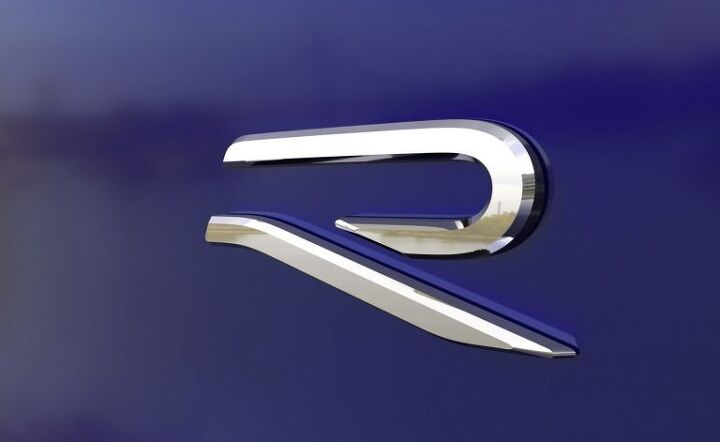
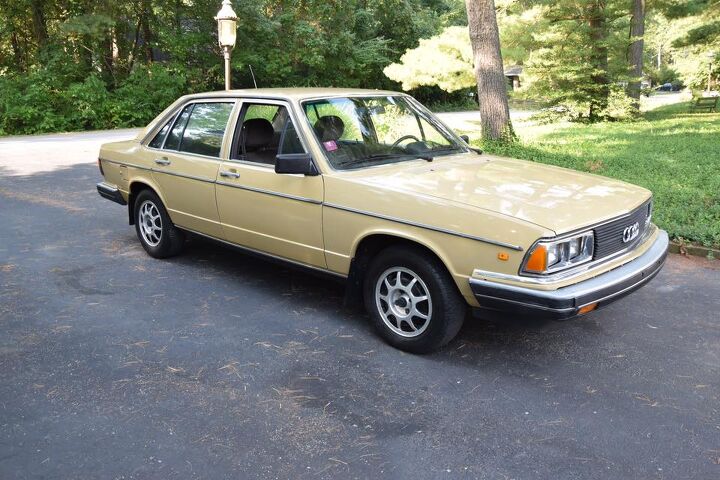
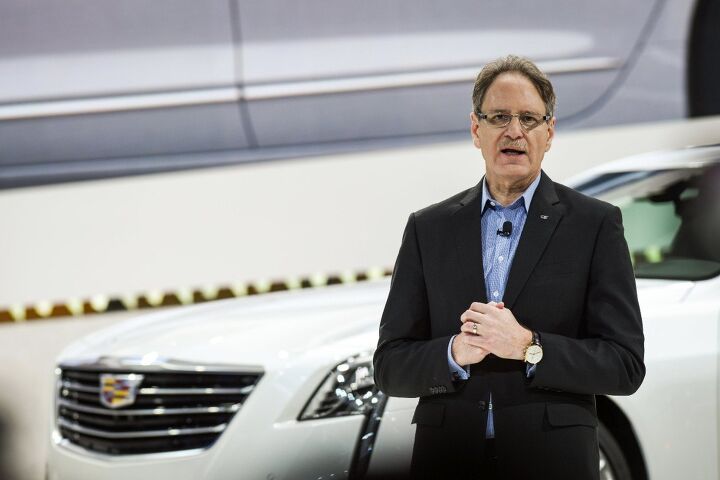



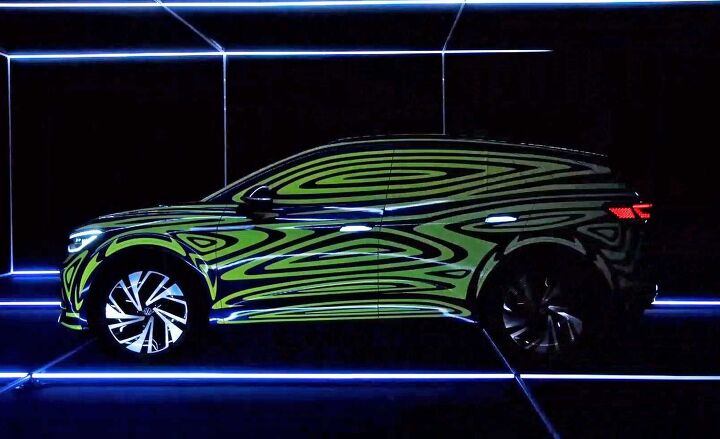

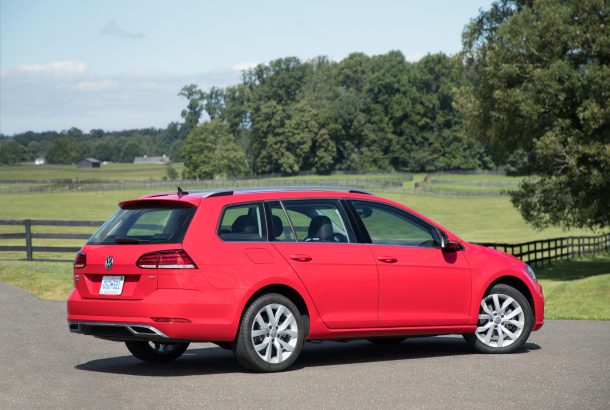


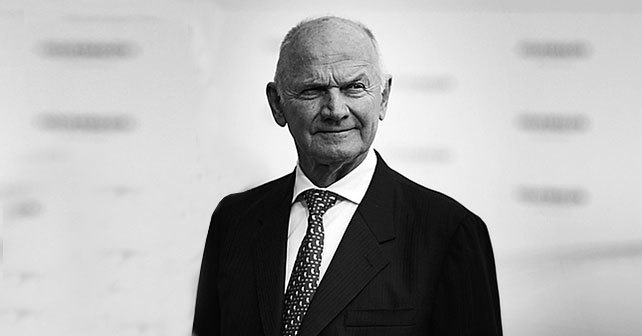














Recent Comments